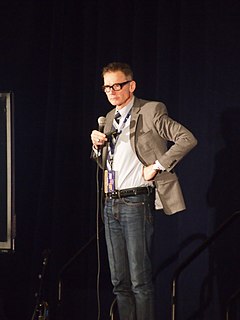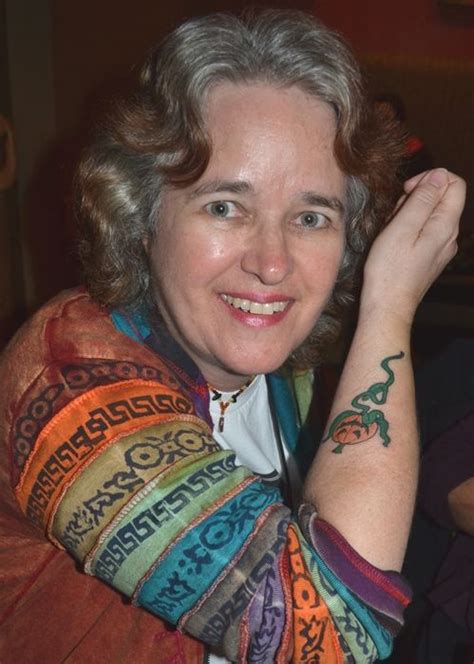A Quote by Georg C. Lichtenberg
Do we write books so that they shall merely be read? Don't we also write them for employment in the household? For one that is read from start to finish, thousands are leafed through, other thousands lie motionless, others are jammed against mouseholes, thrown at rats, others are stood on, sat on, drummed on, have gingerbread baked on them or are used to light pipes.
Related Quotes
The bookstore was a parking lot for used graveyards. Thousands of graveyards were parked in rows like cars. Most of the books were out of print, and no one wanted to read them any more and the people who had read the books had died or forgotten about them, but through the organic process of music the books had become virgins again.
The best thing about conceptual poetry is that it doesn’t need to be read. You don’t have to read it. As a matter of fact, you can write books, and you don’t even have to read them. My books, for example, are unreadable. All you need to know is the concept behind them. Here’s every word I spoke for a week. Here’s a year’s worth of weather reports... and without ever having to read these things, you understand them.
If you are going to write, say, fantasy - stop reading fantasy. You've already read too much. Read other things; read westerns, read history, read anything that seems interesting, because if you only read fantasy and then you start to write fantasy, all you're going to do is recycle the same old stuff and move it around a bit.
If you wait until you got time to write a novel, or time to write a story, or time to read the hundred thousands of books you should have already read - if you wait for the time, you will never do it. ‘Cause there ain’t no time; world don’t want you to do that. World wants you to go to the zoo and eat cotton candy, preferably seven days a week.




































